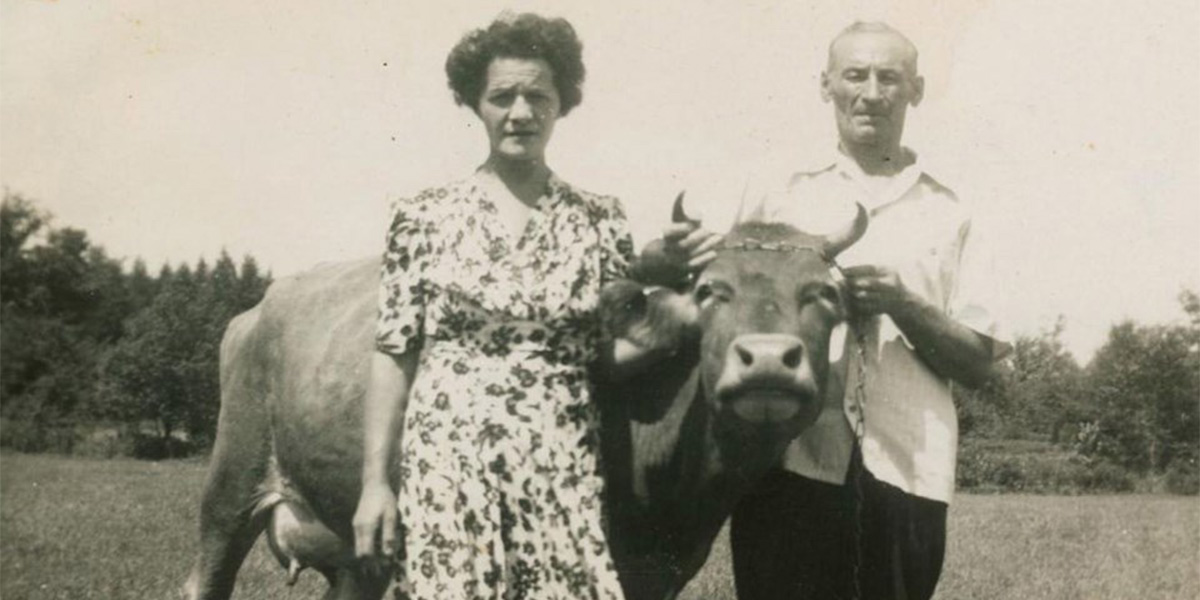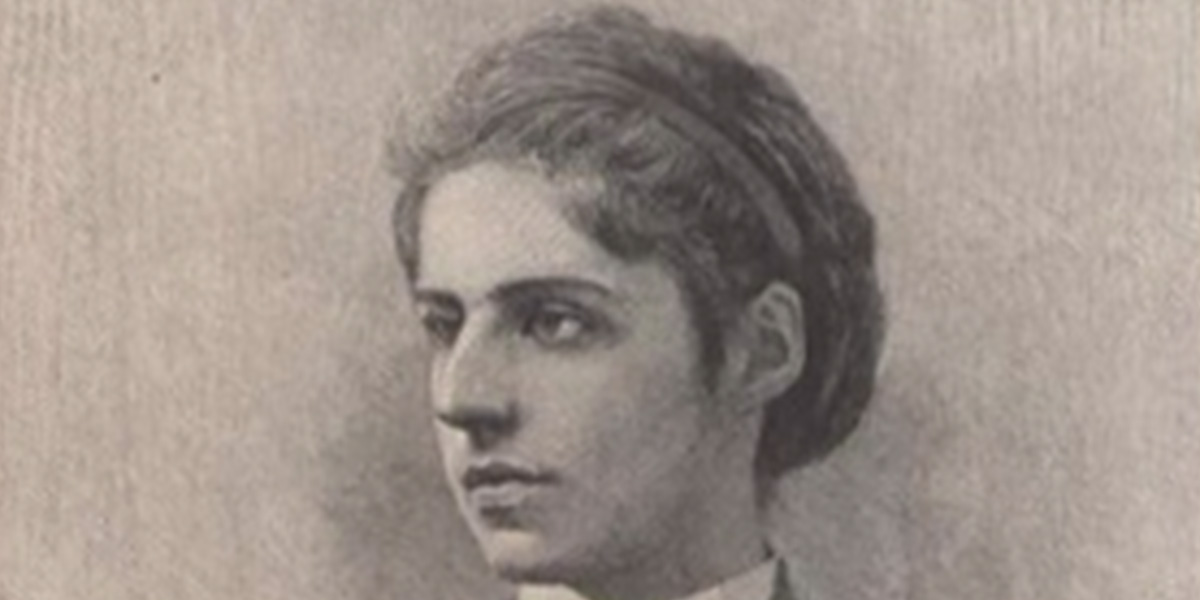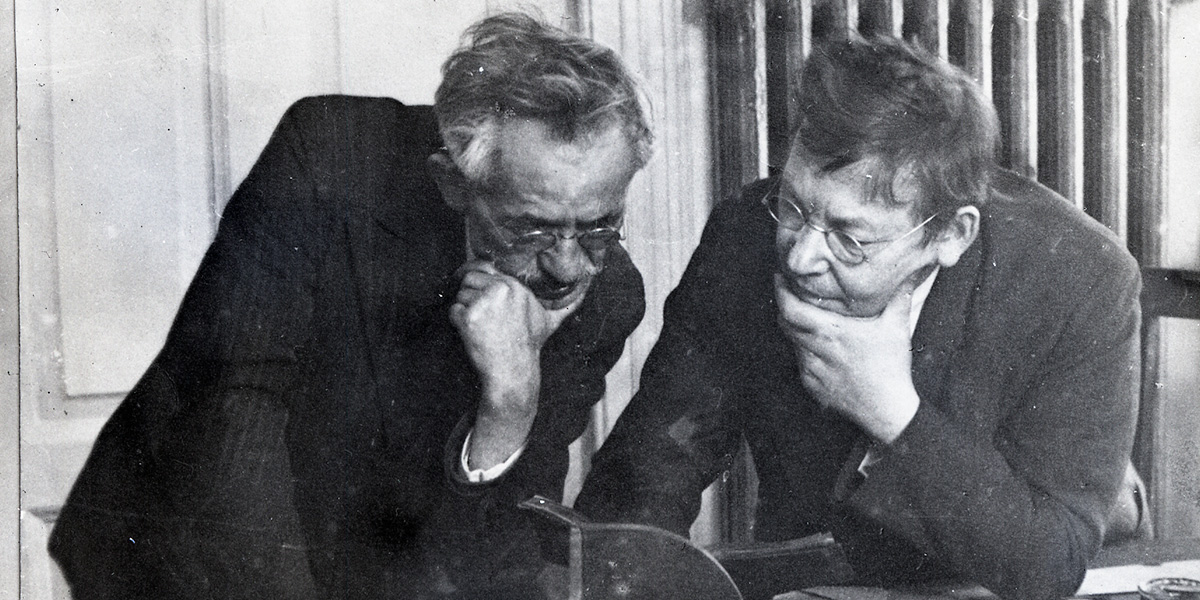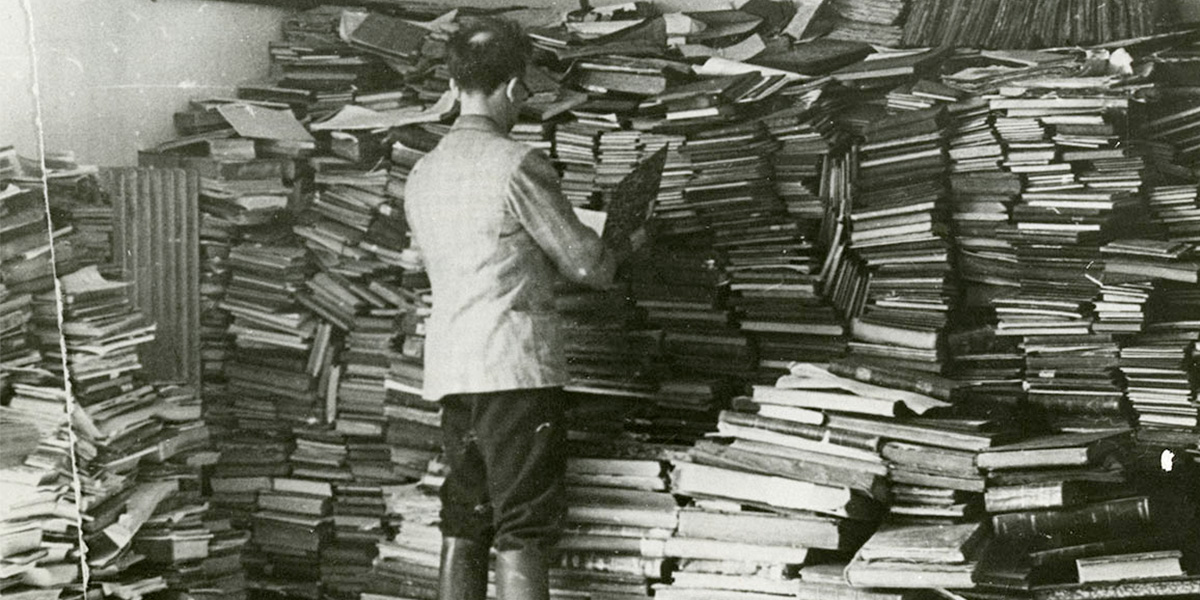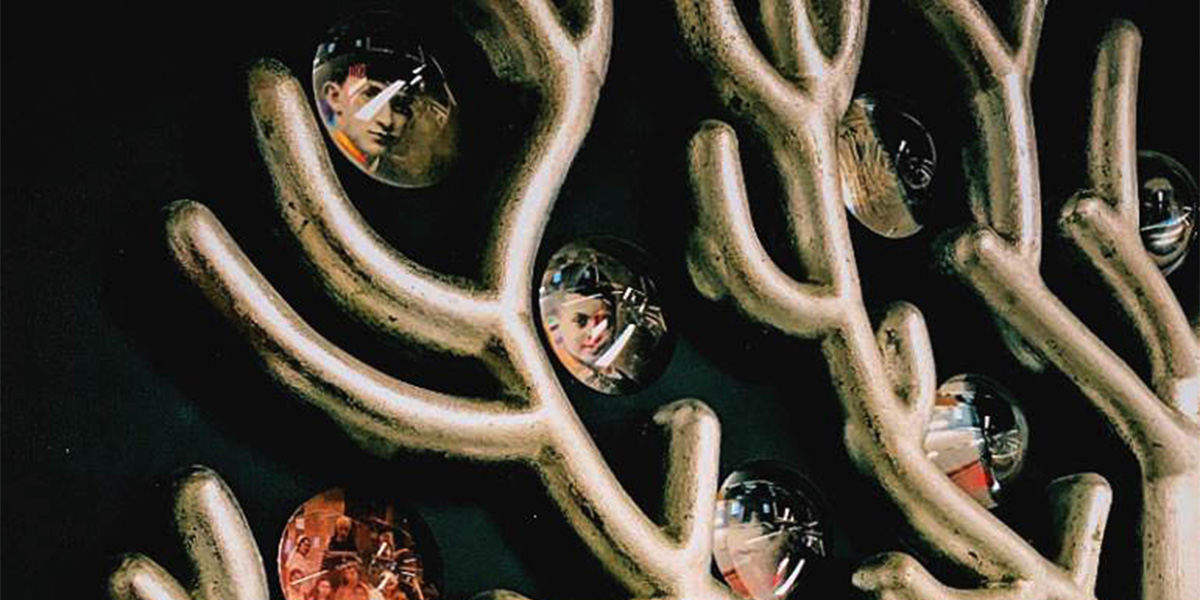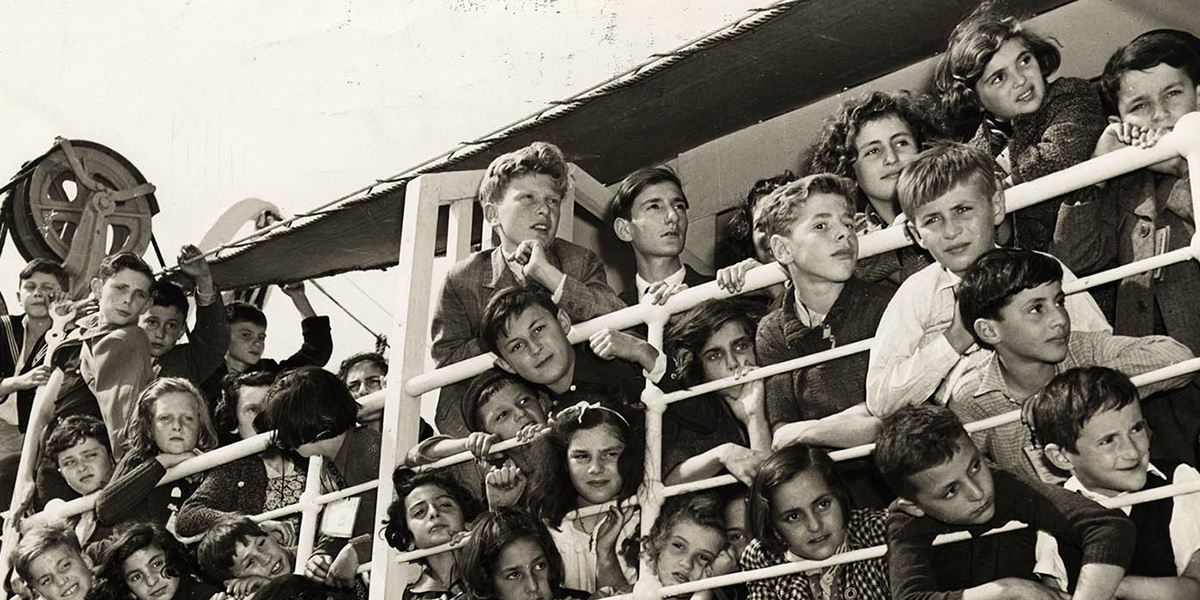
Visionary Founder and Chair Emeritus, Bruce Slovin, z"l
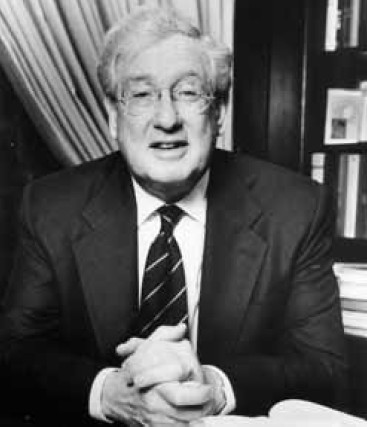
It is with profound sadness that we announce the passing of our Visionary Founder and Chair Emeritus, Bruce Slovin. His passion, leadership, and unwavering dedication made the Center for Jewish History a reality by uniting five renowned institutions under one roof to preserve and share the Jewish historical record with the world. We are honored to carry forward his legacy and mission. May his memory be a blessing, z"l.



